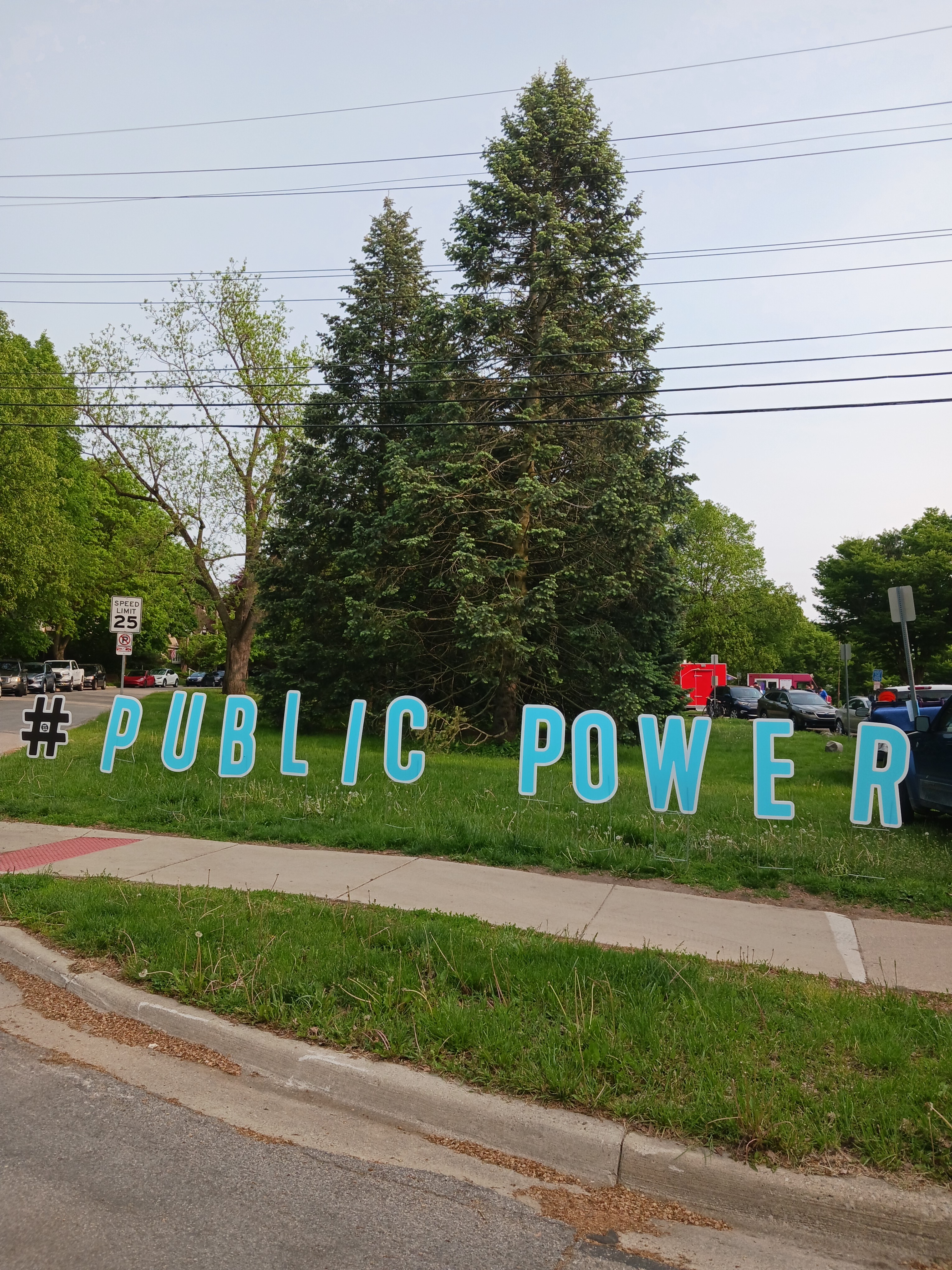Access to clean water and clean energy is essential for the health and well-being of communities across the state of Michigan. Across our nation many communities, especially low-income and marginalized communities, have faced barriers to accessing these basic resources.
Energy Democracy is a concept that seeks to give communities greater control over their energy systems and decisions. It aims to promote sustainability, equity and democratic decision-making in the energy sector by ensuring that communities have a voice in the development and use of energy resources.
In the generation and distribution of power there are three major metrics by which communities can judge the quality of service they receive from their Electric Utility: Affordability, Reliability and Sustainability. These factors, compared in nearby communities, are generally related to ratepayer satisfaction whether in terms of dollars spent on electric bills or minutes in the dark.
In recent years, there has been growing concern about the impacts of traditional energy systems on the environment, public health, and community wellbeing. Many communities across the country are seeking alternative solutions to rising energy costs and dirty energy options, such as Co-ops or Municipal Power, that have potential to be more sustainable and equitable. However, access to these solutions is often limited by economic, political, and institutional barriers.
Investor-owned utilities (IOUs) are privately owned companies the major obligation is to generate profits for their shareholders. Many prioritize short-term financial gains over the needs and concerns of their ratepayers. This can result in practices such as implementing excessive rate hikes, failing to update outdated infrastructure in some communities, and neglecting to prioritize the implementation of renewable energy sources. When IOUs prioritize profits over the well-being of their ratepayers, it can lead to a disregard for affordability, reliability, and sustainability in the energy sector, and ultimately hurt the communities they serve.
That is why Energy Democracy is essential. Energy Democracy can take many forms, like community-owned and operated renewable energy projects, community choice energy programs, and advocacy for policies that support community-led energy solutions. With new technologies like geothermal loops and more efficient battery storage, communities have more options to move their communities forward than ever before.
Stakeholders and ratepayers across our state are organizing to hold DTE, Michigan’s largest IOU, accountable for raising rates and not maintaining our grid. Activists in Ann Arbor are working to form their own Municipal Power Utility with the group Ann Arbor for Public Power. We at Clean Water Action believe the benefits of structures to hold local power generators to account with those they serve are evident and quantifiable.
If you agree that affordable, sustainable, and accountable community utilities are a choice that all Michigan communities should be able to make, take action! Write your lawmakers in Lansing and ask that they support public ownership and energy democracy in the Great Lakes State. If you're interested in being more involved, sign up to volunteer here. Thank you for your support and let's energize Michigan's future together!

